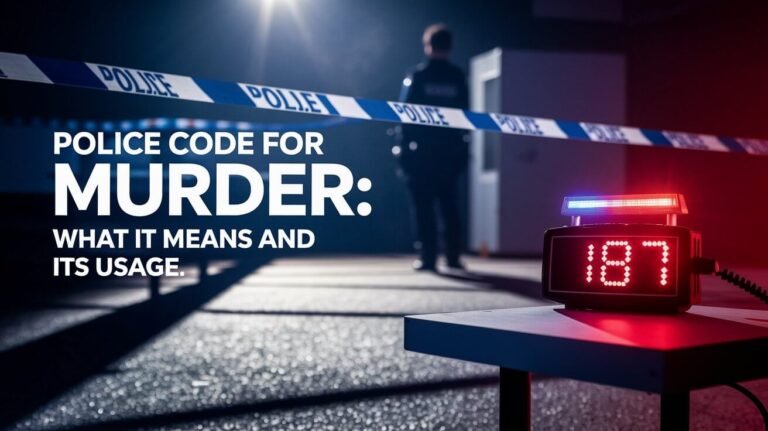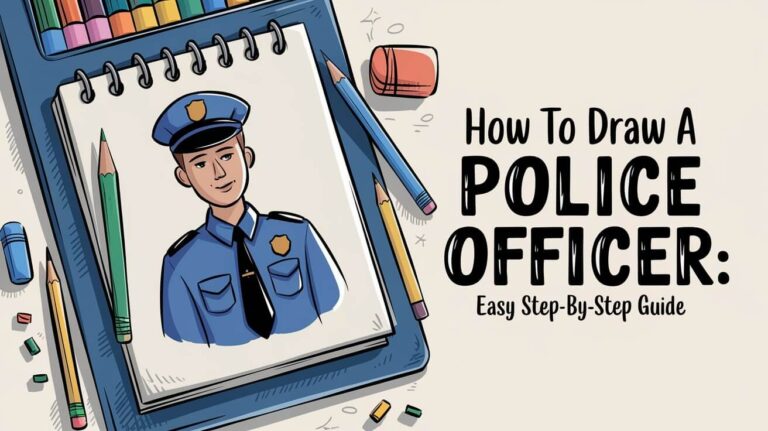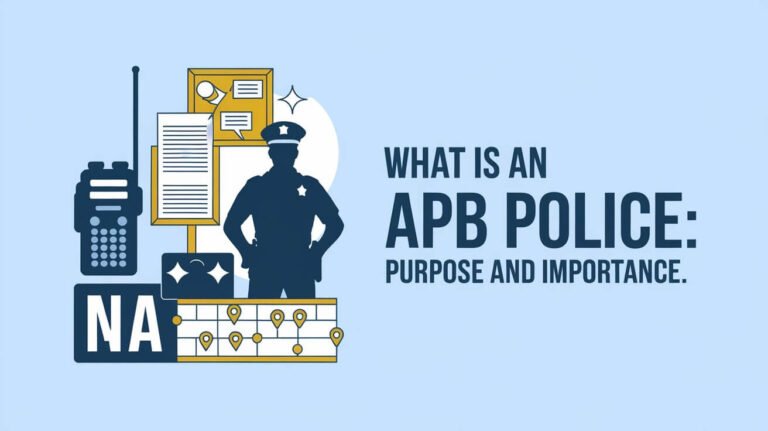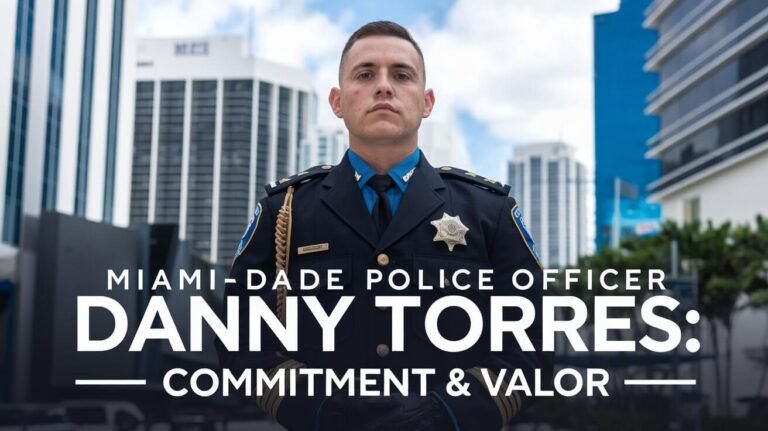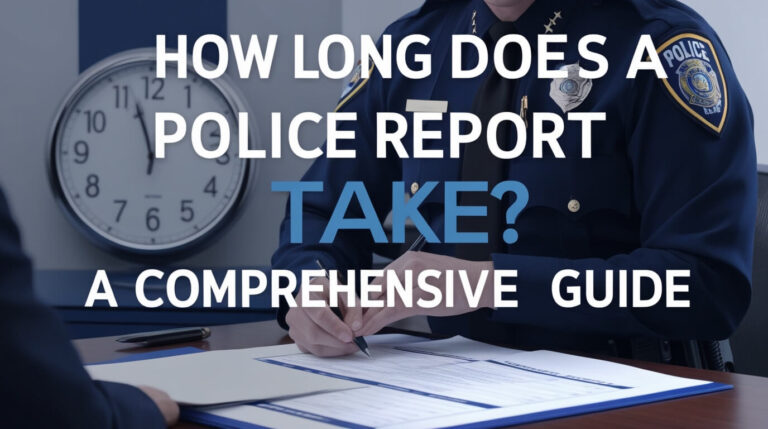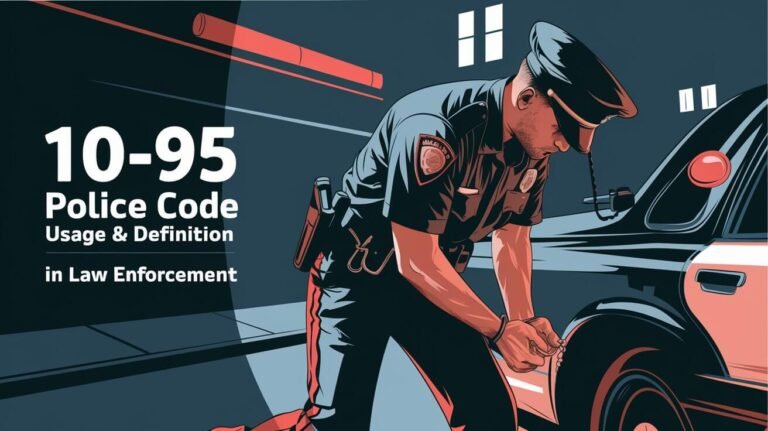How to Call the Police: Essential Guide for Emergencies

Calling the police is a crucial skill that everyone should know. In emergencies, dialing 911 is the fastest way to get help. For non-urgent matters, use the local non-emergency number. This guide covers when to call, what information to provide, and alternatives to contacting the police.
When to Call the Police
Knowing when to call the police can make a big difference in emergencies. Let’s look at situations that warrant a call to law enforcement.
Emergency Situations
Call 911 immediately if you face:
- Life-threatening events
- Fires
- Serious car accidents
- Crimes in progress
- Medical emergencies
Quick action in these cases can save lives and prevent further harm.
Non-Emergency Situations
For less urgent issues, use the non-emergency number:
- Noise complaints
- Minor traffic incidents
- Reporting past crimes
- Suspicious but non-threatening activity
This helps keep 911 lines open for true emergencies.
Steps to Call the Police
Calling the police correctly ensures a quick and effective response. Follow these steps for the best results.
Dialing 911
In emergencies:
- Stay calm
- Dial 911
- Wait for the operator to answer
Remember, 911 is free from any phone, even those without service.
Providing Essential Information
Tell the dispatcher:
- Your exact location
- Nature of the emergency
- Your name and phone number
- Any relevant details about the situation
Clear, concise information helps responders act fast.
Staying on the Line
Don’t hang up until the dispatcher says it’s okay. They might need more info or want to give you instructions.
Alternatives to Calling 911
Sometimes, other resources are better suited to handle a situation. Let’s explore some options.
Non-Emergency Police Numbers
Each city has a non-emergency number for less urgent matters. Find and save this number in your contacts.
Community Resources
Many issues can be resolved without police involvement:
- Mental health crises: Call local crisis hotlines
- Homelessness concerns: Contact outreach programs
- Noise complaints: Try talking to neighbors first
These alternatives often provide more appropriate help.
Special Considerations
Certain situations require extra thought when calling the police. Here’s what to keep in mind.
Calling from a Cell Phone
Cell calls to 911 may not show your exact location. Be ready to describe where you are in detail.
Text-to-911 Services
Some areas allow texting 911. This is helpful if you can’t speak safely. Check if it’s available in your area.
Language Barriers
Don’t let language stop you from calling for help. Many 911 centers have translation services available.
What Happens After You Call
Understanding the process after your call can ease worries and help you prepare.
Dispatcher’s Role
The dispatcher will:
- Gather info
- Determine the response needed
- Send appropriate help
- Provide instructions if needed
They’re trained to handle various emergencies efficiently.
Police Response
Police prioritize calls based on urgency. Serious crimes and immediate dangers get the fastest response.
Common Mistakes to Avoid
Knowing what not to do is just as important as knowing what to do when calling the police.
Misuse of 911
Never call 911 for:
- Pranks
- Non-emergencies
- Information requests
Misuse ties up lines and can result in fines.
Providing Inaccurate Information
Give correct details. False info can delay help or put responders in danger.
Tips for Effective Police Communication
Good communication ensures the best possible outcome when calling the police.
Staying Calm
Take deep breaths before calling. A calm voice helps dispatchers understand you better.
Being Clear and Concise
Stick to the facts. Avoid unnecessary details that might confuse the situation.
Preparing for Emergencies
Being ready before an emergency happens can make a big difference.
Creating an Emergency Plan
Develop a plan with your family:
- Decide on meeting spots
- Assign roles
- Practice what to do in different scenarios
This preparation can save precious time in a crisis.
Storing Important Numbers
Keep a list of emergency numbers:
- Local police non-emergency
- Fire department
- Poison control
- Family doctor
Store these in your phone and have a printed copy at home.
Legal Aspects of Calling the Police
It’s important to understand the legal side of contacting law enforcement.
False Reports
Making false reports is illegal. It wastes resources and can lead to serious consequences.
Your Rights When Calling
You have the right to:
- Request emergency services
- Remain anonymous in some cases
- Get an interpreter if needed
Know your rights to use police services effectively.
Technology and Police Calls
Modern tech has changed how we can contact the police. Here’s what you should know.
Smartphone Apps
Many cities have apps for reporting non-emergency issues. These can be quicker than calling.
Smart Home Devices
Some smart speakers can call 911. Set this up properly to avoid accidental calls.
Educating Children About Calling the Police
Teaching kids about calling the police is crucial for their safety.
Teaching When to Call
Explain to children:
- What counts as an emergency
- How to recognize dangerous situations
- When it’s okay to call 911
Use simple terms they can understand.
Practice Scenarios
Role-play different situations with kids. This builds confidence in their ability to call for help.
Conclusion: Responsible Use of Police Services
Knowing how to call the police is a vital skill. Use 911 for true emergencies and the non-emergency number for less urgent matters. Stay calm, provide clear info, and use alternatives when appropriate. By following these guidelines, you help ensure police resources are used effectively, keeping our communities safer for everyone.
Remember, calling the police is a serious action. Use this power responsibly and only when necessary. Stay informed about local resources and always prioritize safety. With the right knowledge and preparation, you can be an asset to your community in times of need.

